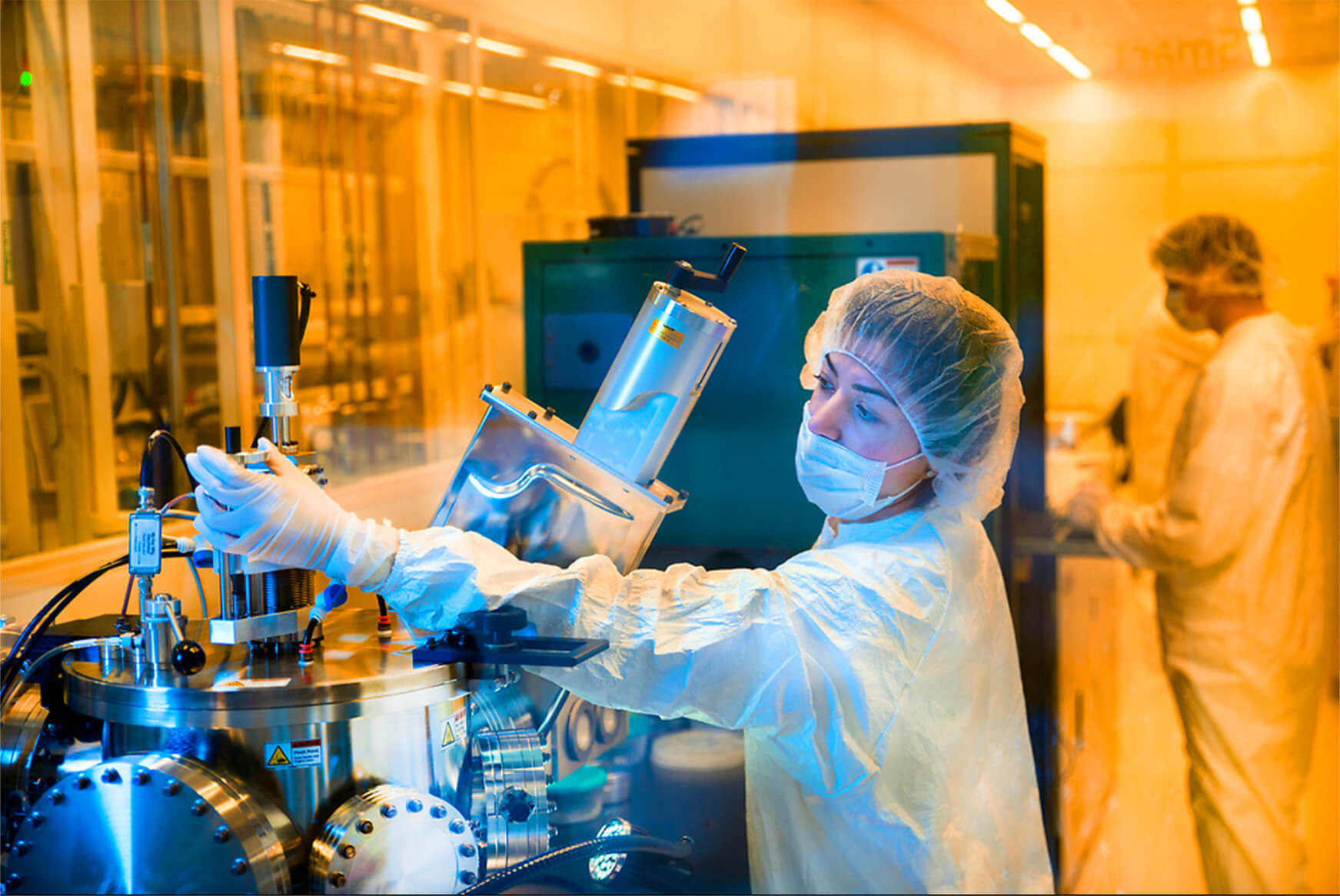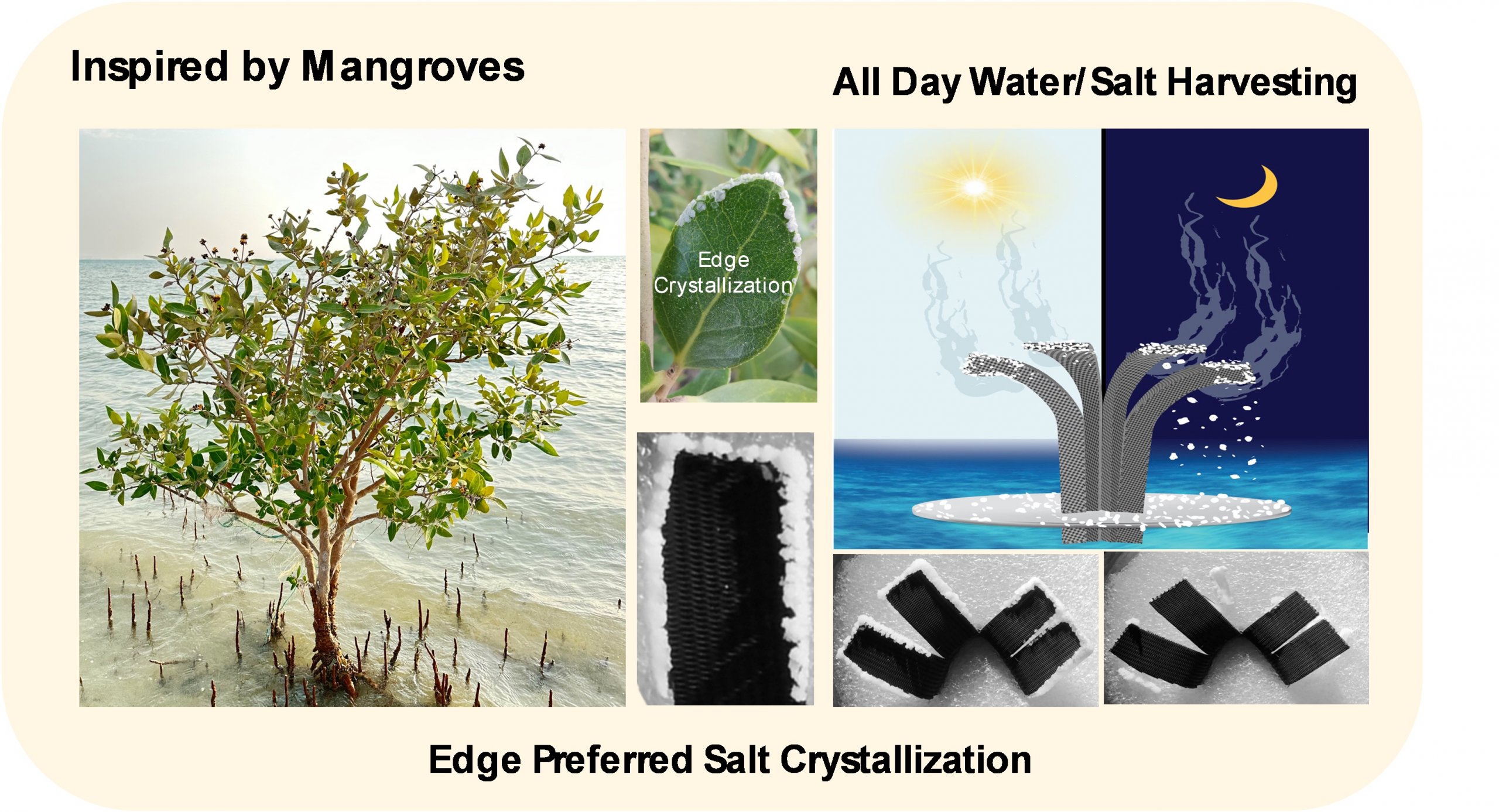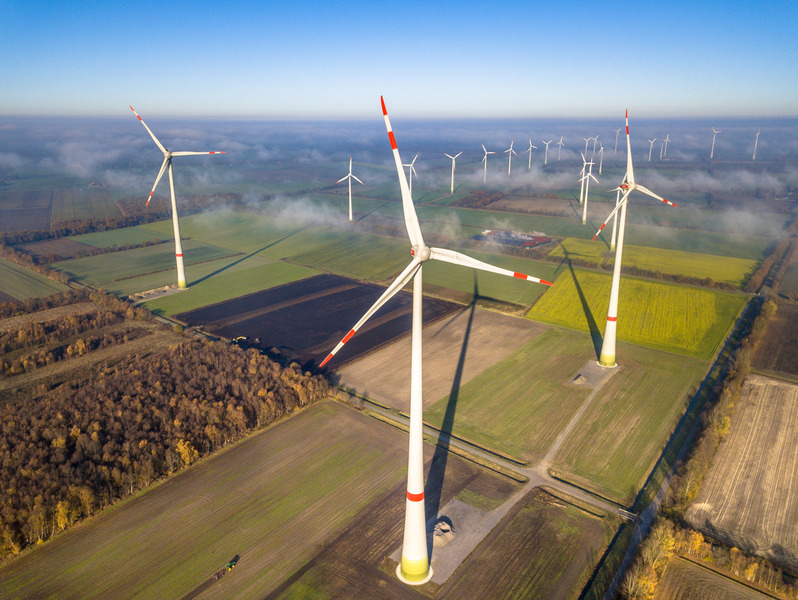
Dr. Steve Griffiths, SVP of Research and Innovation at Khalifa University, discussed the relevance of science in everyday lives in a recent webinar hosted by Forbes Middle East and 3M Middle East and Africa.
More people than ever believe science is ”very important” to their everyday lives, according to a recent survey from the 3M State of Science Index, which explores global attitudes about science. And Khalifa University has an important role to play in supporting this impactful science, according to university senior vice president Dr. Steve Griffiths.
Respondents also say they look to science to provide solutions to major social issues. The survey suggests that global trust in science is high and appreciation is stronger than pre-pandemic times, with trust especially strong among younger generations.
The UAE has an unusual stance on science and technology, compared to the rest of the globe. The country’s residents have more trust in science and technology, with 91 percent of respondents to the 3M survey stating they trust science and 88 percent saying they trust scientists. Additionally, 92 percent of respondents said they want to hear more from scientists about their work, and 37 percent said they “defend science when it is questioned,” which is a much higher percentage than seen in the rest of the world.
The results suggest the UAE has built strong public confidence in its scientific initiatives, and people in the UAE are more likely to be interested in STEM careers than peers around the world. In other words, the UAE seems well-positioned to become a knowledge-based economy.
At a recent webinar hosted by 3M Middle East and Africa and Forbes Middle East, Dr. Steve Griffiths, SVP Research and Development at Khalifa University, Dr. Griffiths said he considers a knowledge-based economy as equivalent to an innovation-based economy.
“An innovation-based economy looks at how we translate our research, the knowledge we create, and the technology that we develop into the useful products, processes and business practices, which make the economy move ahead,” Dr. Griffiths said. “I see this innovation-driven, knowledge-based economy as something very exciting that will offer many opportunities to translate science and fundamental investigations into practical and valuable technologies that help society and the economy at large.”
Practical problems
In the 3M survey, 79 percent of the UAE respondents expressed concern about climate change but are hopeful that science and technology could build a better future for all.
Dr. Griffiths seems to agree.
“The UAE has been very successful and prosperous from having a very viable natural resource: oil. Today, though, the view is that oil isn’t going to be the future. We’ll be producing oil for a very long time, as a low-cost, low-carbon producer. But for the future, Khalifa University is supporting the views of the country, looking at new low-carbon energy sources. Renewable energy, nuclear energy, hydrogen, carbon capture— are all critical to the next generation of energy.
“At Khalifa University, we’re looking at water and the environment,” Dr. Griffiths said. “Many regions around the world are facing future water shortages, so we’re trying to innovate in water technology. This is a goal for the UAE and for Khalifa University, with the leadership looking at water as an integral part of their environmental agendas. At Khalifa University, we bring research to the effort.”
Industry, government and academia have to come together to make innovation work, he said, noting how collaborations between these three key players help to develop the research ecosystem and provide opportunities for research and development activities. “When they come together, they provide the infrastructure required for innovation. We can do the R&D together while simultaneously developing the human capital. When these are put together well, with supporting policies, then you start to see economic and societal benefits.”
Academia meets industry
Creating collaborations in a meaningful way starts with internships to help students understand the practical problems that their research can start to solve.
“Companies and industry can offer students the insight to the practical problems that their scientific knowledge and research can contribute to,” Dr. Griffiths said. “Likewise, the students on an internship can use the infrastructure provided by industry to translate science into practical value.
“We have plenty of great infrastructure at the university, but working with industry, we can start to see how we reach that true level of innovation, the creation of value from the knowledge you create,” he said. “Not to mention, students start to get a sense of the employment opportunities after their studies. Multiple fields come together in industry; it’s not one individual entity doing all the work alone these days. It’s more about the convergence of different sectors coming together to create products that have the most impact.”
Collaborations between industry and academia don’t end at the student level, however.
Commercialization of research is an important part of how science makes it to the public, and industry needs to have input on how to move research results from the laboratory into new or improved products and services in the marketplace.
“To get an education that’s going to be the most valuable, you want to have the industry involved in the R&D that you do,” Dr. Griffiths said. “We established research centers and engage in sponsored research. We’re trying to get the industry to come with their challenges so that we can do use-inspired work. This gets the students deeply engaged, gets the training going and prepares the students for the future beyond what they’re doing at the university level. When we have the fundamental work connected to the industry challenges, and we have the platforms and paradigms to enable the students to work with the thought leaders in industry, we can start to create those ecosystems that really stimulate innovation.”
Research contributing towards the domains of science and technology
Almost all UAE respondents to the 3M survey agreed that science is important to their everyday life, with a further 92 percent wanting to hear more from scientists about their work. And such engagement is one of Dr. Griffiths’ goals.
“Knowledge creation and practical outcomes are important, but to me, perhaps the most crucial contribution that university research makes towards society is the human capital it develops,” Dr. Griffiths said. “No matter what the outcome, when you have students engaged and you have society getting excited about science, that is a tremendously valuable outcome that research should generate.”
Jade Sterling
Science Writer
29 August 2022






